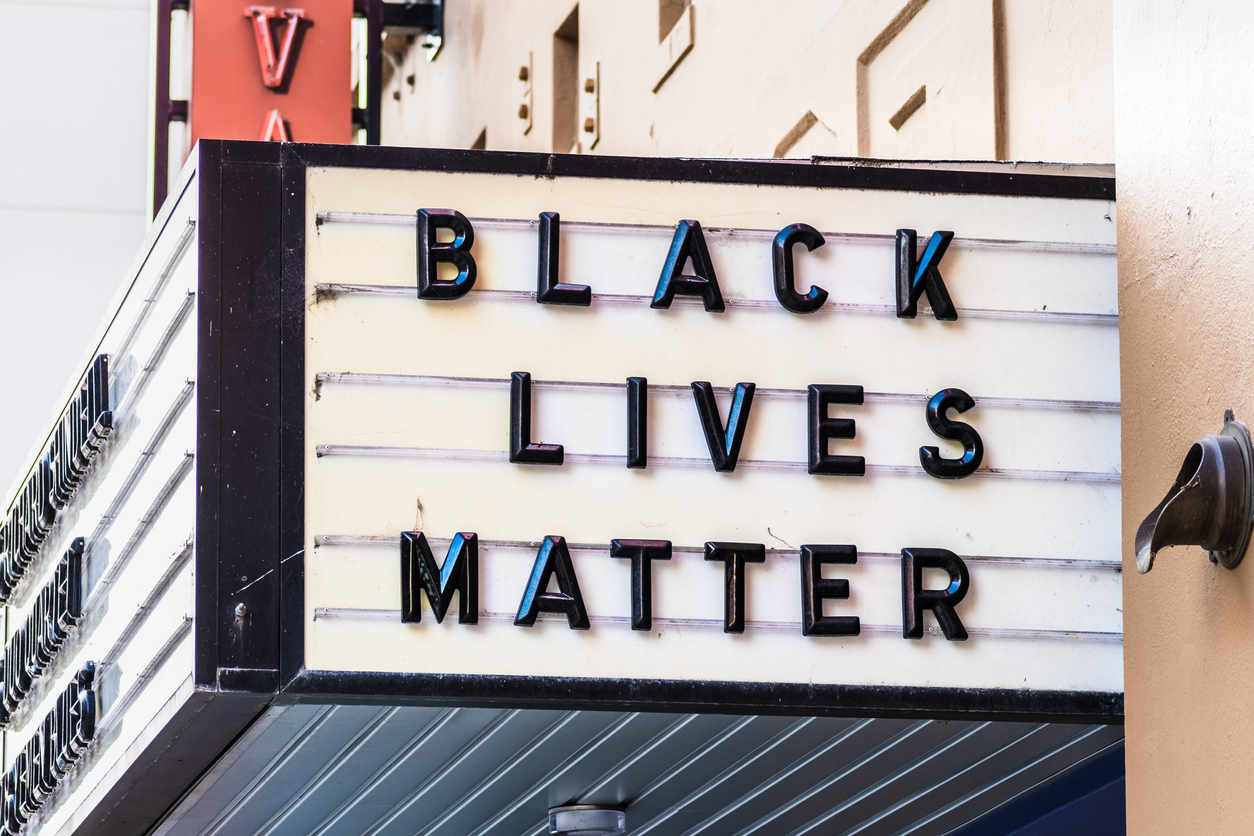When I started in HR – many decades ago – you didn’t talk about race at work 
Work was work – what happened outside of work or how you lived your life was separate. As an HR practitioner, this seemed to make sense and perhaps made us think that we could stem discriminatory actions or perceptions among our employees.
But yesterday isn’t today.
The good news is that most companies embrace diversity and strive toward inclusion. But as the past week’s horrific events have unfolded, we must realize that that is not enough. Companies provide resources and focus on minority groups to improve their success and representation.
But that is not enough. If the working world is a microcosm of our country and we want to evoke change, then we need to start a new conversation in the workplace. That means engaging in meaningful dialogue, at work, with each other, about topics that go well beyond our strategies, projects and job descriptions. To many this will feel misplaced but to ignore it is to silently condone the racism that sadly still exists in our country.
Starting the Conversation
Now I don’t have all the answers. When I addressed my team on Monday morning to discuss what has been transpiring these past few days, I didn’t know what I was going to say – just that I knew I had to say something. I looked for what other leaders were saying: Tim Cook, Michael Jordan and HR leaders whom I admire and jotted down incredible quotes from Dr. King, now just as relevant as they were in the 1950s and 60s. And what I quickly realized was that what I said was not as important as that I said something.
I spent most of the day reading about the riots, skimming my LinkedIn posts to see how colleagues were responding and looking for ways to get involved – particularly as it relates to the workplace. What does this action look like? What steps can we take to address racism in the workplace? How do we help people that want to do something but don’t know where to start?
Ideas for Change
From what I read and my own thoughts, I have compiled a list of ideas that I hope will help you take that first step, speak out, begin the dialogue and become part of the solution. I welcome you to share your ideas and suggestions so that we can all learn together.
- Set an example: Start the dialogue. Just start. You will be surprised at how many people want to chime in but were waiting for someone to take the first step. Your words that what is going on in the world today is not ok demonstrates your support of and permission for your team to speak up when they see injustice – including in the workplace.
- Be transparent and vulnerable: It’s ok to say you don’t have the answers or that this is the first time you are doing this as well. You will gain the credibility and trust of your team members by being real.
- Create a safe space: Create an open dialogue about these issues and allow employees to contribute but also express that it’s ok if they don’t choose to share. Remember it’s important to listen more and talk less.
- Recognize what you don’t know and be open to learning. I will never know what it feels like for to be a black mother who kisses her son goodbye in the morning and then prays he will return safely. But it is important that I recognize that her goodbye to her son is different than when I send one of my sons out the door. Be empathetic by listening and learning about the experiences of others differently situated then me. Talk to people, read or watch everything you can and share these resources with your teams.
- Make connections: Reach out to your black friends and colleagues. Let them know that you are thinking about them and what is going on is not ok. Don’t assume that they know how you feel just because you are a friend. Now is the time to be intentional in your support.
- Take action: Support public actions, donate and/or join organizations fighting against racism, vote for change and make a commitment as a team of how you are going to take a stance within your community, industry and on a national level.
- Stress the importance of mental health: Everyone handles pain, stress and emotion differently. Make sure your employees know about the resources available to them and express that it is ok that they are not ok.
Learn & Share Key Resources:
Here are just a few of the resources we have found that might help. We encourage you to find and share additional articles, books, organizations & resources.
Watch:
- Just Mercy
- Dear White People
- The Hate U Give
- 13th
- American Son
Read:
- How to Make this Moment the Turning Point for Real Change
- Your Black Colleagues May Look Like They’re Okay — Chances Are They’re Not
- Understanding and Dismantling Racism: A Booklist for White Readers
- 75 Things White People Can Do for Racial Justice
- Why are leadership thinkers silent about Floyd and the protests?
- How to respond to “riots never solve anything!”
- How to help Black Lives Matter: 9 things you can do for the George Floyd protesters right now
Follow these Organizations:
What are your thoughts and recommendations? What are you struggling with? How are you taking action in your organization? I look forward to hearing your thoughts and continuing to act, together. Contact me any time at dmuller@hracuity.com.
Deb




